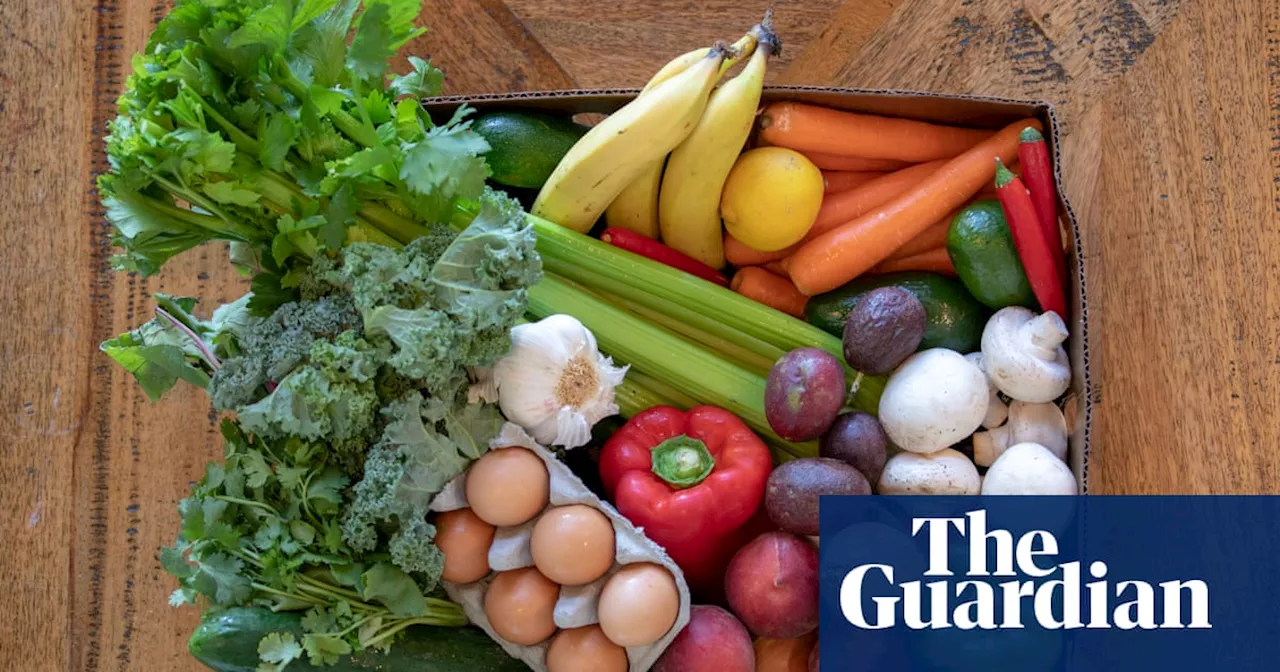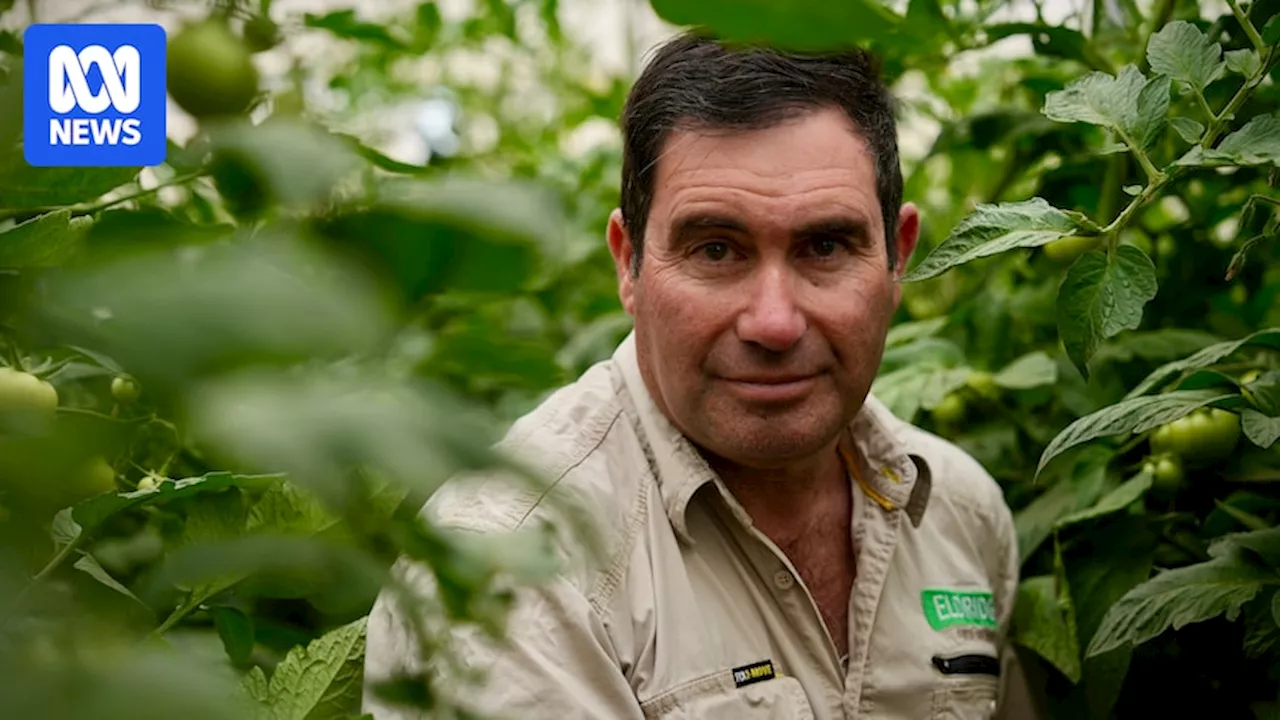Australia is considering a national standard for organic products to address concerns about greenwashing and unlock export opportunities. The proposed legislation would require businesses making organic claims to substantiate them, providing greater transparency for consumers. The bill is currently under review by a Senate committee, with industry stakeholders largely supporting the move.
Last year, Nationals senator Bridget McKenzie introduced a bill to Parliament aimed at establishing a national standard for organic products sold in Australia. Currently, organic certification is not legally mandatory for a product to be labelled as organic, although businesses making organic claims must be able to substantiate them. Proposed changes to organic labelling would enhance consumer transparency and address concerns about ambiguity in the market, according to some producers.
Australia maintains strict export regulations for organic goods, but domestically sold produce does not require adherence to a specific standard or certification to be labelled 'organic'. A Senate committee is currently reviewing the National Organic Standard Bill, introduced by Senator McKenzie late last year, with an inquiry report anticipated by the end of the month. The bill seeks to regulate the sale of organic products within Australia, irrespective of their origin.Tammie Phillips, a certified organic food business owner in Sydney who has invested considerable time in building consumer trust, expressed the view that there was an uneven playing field among organic producers. 'The lack of regulation definitely allows for other producers to greenwash,' Ms Phillips stated. She believes that regulation is essential to combat fraudulent operations and simplify the process for consumers seeking certified organic produce. Shane Eldridge, a certified organic vegetable grower from South Australia, echoed the sentiment that a national standard would provide complete consumer transparency and align producers. 'It would clear up any waters that perhaps are muddy, and consumers could buy in confidence and know that it's actually a certified organic produce,' he said. Certified organic produce is cultivated and processed without synthetic fertilizers, chemicals, or genetically modified organisms.Mr Eldridge further asserted that Australian consumers are being shortchanged by foreign imports that may contain less than 2 per cent organic ingredients while still displaying an organic sticker. Jackie Brian, chief executive of Australian Organic Limited, confirmed that organic certification is not legally required for a product sold in Australia to be labelled as organic. Ms Brian highlighted that this loophole enables unscrupulous operators to use the word 'organic' on packaging even if not all ingredients are organic. 'Unless they're buying something that's certified organic with a trust mark, they may be buying a product that only contains a very small amount of organic product,' she cautioned. Beyond preventing fraud and enhancing consumer transparency, the proposed regulation is anticipated to unlock significant export opportunities, according to Ms Brian. However, she emphasized that as the last OECD country without a legal definition of the word 'organic', Australia risks falling behind. She described the current export process for certified organic produce as 'complex and costly', requiring farmers to prove their credentials to each individual country. Under the proposed bill, the government could negotiate recognition of the Australian National Standard for Organic and Bio-Dynamic Produce. 'Farmers would only need to certify their product once and that would be recognised internationally,' she explained. According to the 2023 Australian Organic Market Report, Australia boasts the largest amount of certified organic land globally, exceeding 53 million hectares. 'Globally, the opportunity is almost $300 billion and today Australia has less than 1 per cent of that global opportunity,' Ms Brian stated. She asserted that the lack of regulation is hindering exports to major partners like the United States and South Korea, and limiting wine and beef exports to Europe. Certified organic food business owner Ms Phillips expressed that simplifying current export processes through international equivalency would eliminate intricate trade barriers. In the past, the government cited cost-benefit analyses that indicated the costs would outweigh the benefits. 'While a mandatory domestic standard could provide a range of potential benefits for the organic sector, the costs of designing, monitoring and enforcing an economy-wide regulatory scheme of this nature would be significant,' Minister Watt said in a statement at the time. 'What's more, the CBAs show that these costs would likely be passed through the supply chain to consumers and would add to cost-of-living pressures.'In its submission to the current Senate inquiry, the agriculture department reiterated similar concerns, expressing worries that smaller organic producers could be disproportionately impacted by mandatory regulation. However, the majority of the 26 submissions to the inquiry from organic producers and industry were in favour of a national organic standard. 'It bewilders me why the government wouldn't get out of their road when there is agreement finally, for this to happen,' he said
Organic Standards Organic Labeling Australian Agriculture Exports Consumer Transparency
Australia Latest News, Australia Headlines
Similar News:You can also read news stories similar to this one that we have collected from other news sources.
 Falsely labelled ‘organic’ products rife on Australian shelves, shoppers warnedWarning from organic farmers and retailers comes as government faces push to introduce national domestic standard
Falsely labelled ‘organic’ products rife on Australian shelves, shoppers warnedWarning from organic farmers and retailers comes as government faces push to introduce national domestic standard
Read more »
 Best hair growth serum on the market: Indagare’s Organic Hair Renewal Oil7NEWS brings you the latest local news from Australia and around the world. Stay up to date with all of the breaking sport, politics, entertainment, finance, weather and business headlines. Today's news, live updates & all the latest breaking stories from 7NEWS.
Best hair growth serum on the market: Indagare’s Organic Hair Renewal Oil7NEWS brings you the latest local news from Australia and around the world. Stay up to date with all of the breaking sport, politics, entertainment, finance, weather and business headlines. Today's news, live updates & all the latest breaking stories from 7NEWS.
Read more »
 Organic Farmers Embrace Public Access, Find Benefits in ConnectionsA Nottinghamshire farming couple discovered the unexpected advantages of welcoming public walkers onto their land, highlighting a growing trend among farmers who are finding value in connecting with their communities.
Organic Farmers Embrace Public Access, Find Benefits in ConnectionsA Nottinghamshire farming couple discovered the unexpected advantages of welcoming public walkers onto their land, highlighting a growing trend among farmers who are finding value in connecting with their communities.
Read more »
 Blair proposed SDLP Irish nationalists support England at World Cup, papers showUnsealed documents show British PM’s idea in 2002 did not go down well with Northern Ireland politician
Blair proposed SDLP Irish nationalists support England at World Cup, papers showUnsealed documents show British PM’s idea in 2002 did not go down well with Northern Ireland politician
Read more »
 Howard Government Shelved Housing Reforms Proposed by Productivity CommissionIn 2004, the Howard Government decided not to implement recommendations from the Productivity Commission to address the rising cost of housing. The report suggested changes to capital gains tax and homebuyer grants, but the government feared public backlash.
Howard Government Shelved Housing Reforms Proposed by Productivity CommissionIn 2004, the Howard Government decided not to implement recommendations from the Productivity Commission to address the rising cost of housing. The report suggested changes to capital gains tax and homebuyer grants, but the government feared public backlash.
Read more »
 Apple agrees to pay $153 million to settle proposed Siri eavesdropping lawsuitThe settlement would allow Apple to avoid going to court over a proposed class action lawsuit alleging that its virtual assistant, Siri, violated user privacy by inadvertently recording conversations. The company has denied any wrongdoing.
Apple agrees to pay $153 million to settle proposed Siri eavesdropping lawsuitThe settlement would allow Apple to avoid going to court over a proposed class action lawsuit alleging that its virtual assistant, Siri, violated user privacy by inadvertently recording conversations. The company has denied any wrongdoing.
Read more »
